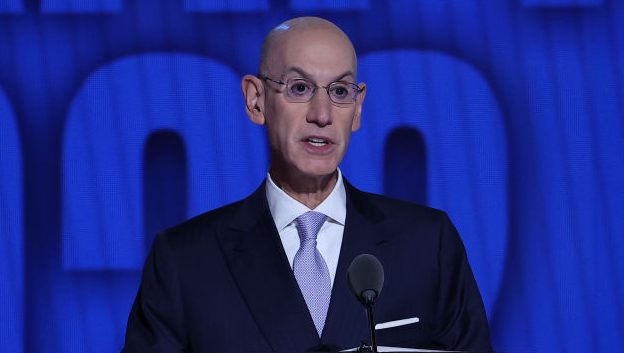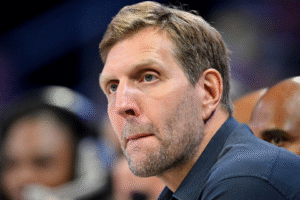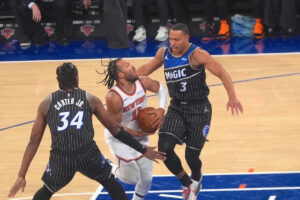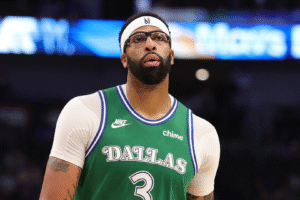
NBA owners and players are both making too much money to risk screwing things up with a labor stoppage, right? RIGHT?
Don’t be so sure.
In a sign the two sides have a lot of work to do to reach terms on a new Collective Bargaining Agreement — primarily because of an internal dispute among the owners — the NBA (representing the owners) and the players union have agreed to push back the opt-out date for the CBA from Dec. 15 (this would end the current CBA on July 1, 2023). Marc Stein reported this earlier in the week (covered here) and ESPN’s Adrian Wojnarowski added details today.
Talks on a new CBA are ongoing, and a formal ratification of an extension — likely into February — is expected to come at a virtual board of governors meeting Wednesday, sources said.
What’s the stumbling block? A group of owners — bothered by the massive spending into the luxury tax of the Warriors, Clippers, and Nets — is pushing for an “Upper Spending Limit” for teams. Call it whatever they want, that’s a hard cap and there is no chance the players will sign off on any form of a hard cap.
The NBA has used a punitive and progressively intense luxury tax to rein in the spending of some owners. However, some owners — how many is unclear, but enough that the NBA has put the issue on the table — feel the tax isn’t doing its job in the wake of new, even wealthier owners.
Unquestionably some owners are unbothered by the tax. To use the example I have used before, Steve Ballmer’s Clippers are on track to pay $191.9 million in payroll this season, which will result in a $144.7 million luxury tax bill (leading to a payroll and tax total of $336.6 million). The Warriors and Nets will be in the same ballpark. The Clippers will pay more in tax alone than 11 teams will spend on total payroll. Two-thirds of NBA teams will pay around $150 million in payroll or less, not much more than the Clippers’ tax bill.
Story continues
Recently, the same NBA owners approved a rule change that would allow a sovereign wealth fund — the financial arms of generally oil-rich countries such as Qatar or Saudi Arabia — to buy up to…
..






